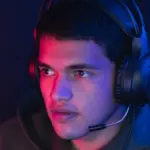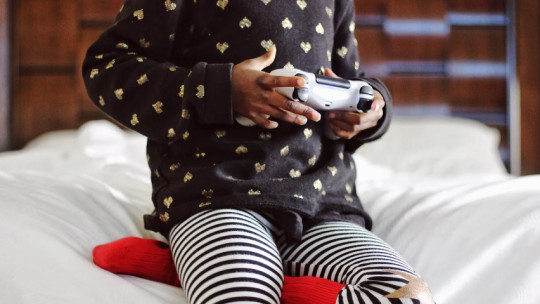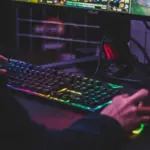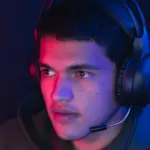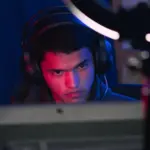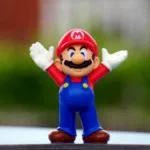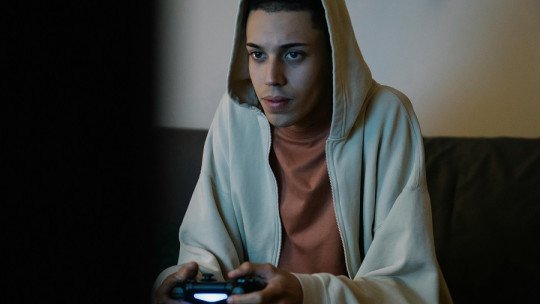
When you find something you like you want more and more of it. However, it is one thing to want more and another to lose control to have more and more. This is what can happen with video games in children and young people: what begins as an innocent form of entertainment could end in a dangerous dependency that affects their development and well-being.
At this point, psychotherapy can be a wonderful compass on the path to recovery and control. In this article, we will explore how with the help of a psychologist it is possible overcome the abusive use of video games in children and young people. We will address the different techniques used and the benefits of the therapy.
Does video game addiction exist?
Making room for fun is fine, but… What is the limit? The abusive use of video games is characterized by the loss of control over the time spent playing. When this happens, children and young people begin to ignore academic or home responsibilities. Additionally, emotions such as anger or anxiety emerge in response to the game or when they cannot play.
Now, if we talk about the term, we have to tell you that talking about “video game addiction” is not unanimously accepted. Although the World Health Organization added it among the recognized diseases, the American Psychiatric Association (APA) still does not recognize it as such. This is because the abusive use of video games can be accompanied by symptoms related to other mental disorders (depression, anxiety). Furthermore, they consider that other conclusive studies are necessary.
No matter what you call it, the consequences are the same. Excessive use of video games is a problem that can have serious implications for your child’s mental health and development. If you still don’t know how to identify how healthy your play space is, we will tell you below.
Symptoms of abusive use of video games
How do I know if my child is exceeding healthy limits when playing video games? We share with you some of the most common symptoms:
This in turn can lead to health consequences, such as headaches, fatigue or vision problems; social problems such as difficulty establishing relationships with other people outside of the game or financial problems such as spending excessive money in games.
How to overcome video game addiction with psychotherapy
Psychotherapy is an appropriate tool to overcome the abusive use of video games in children and young people because, through an individualized process, it seeks to understand the causes and develop strategies to control it.
A trained therapist can Help children and young people identify the emotions that drive them to play excessively, develop skills to manage anxiety, frustration or boredom and to set healthy limits for play time. In addition, it can guide you to find alternative and rewarding activities and to strengthen or restore family and social relationships that you have been losing.
First step: evaluation
One of the first steps in psychotherapy to control the abusive use of video games is to carry out a thorough evaluation to understand the dynamics and the factors that have caused it. At this stage, the psychotherapist can use different evaluation techniques: interviews, observations, questionnaires, etc.
Second step: treatment plan
After the evaluation, the specialist will design a treatment plan for each child or young person. This personalized plan could include cognitive-behavioral therapy, group therapy, family therapy and other specialized techniques allow the patient’s specific needs to be met.
A fairly effective technique is cognitive-behavioral therapy, as it focuses on identifying negative thoughts and behavioral patterns related to video games. This allows children and young people to change them to healthier thoughts and more beneficial alternative behaviors.
For its part, group therapy and family therapy can also be very useful in this process. In this way, patients can share their experiences with other people who face similar challenges. Additionally, involving the family in the therapeutic process can lead to better understanding and support at home, aiding a comprehensive approach to overcoming video game abuse.
Third step: Detox
Although each psychotherapist is free to choose the best time or way to use this strategy, it may be necessary to have a period in which video games are not part of the child or adolescent’s daily life. This will allow you to have support to deal with withdrawal symptoms.
It is important that you know that psychotherapy is not limited only to reducing the abusive use of video games, but also addresses possible related conditions, anxiety or depression.
At the end of the process, the psychotherapist will also have to establish a relapse plan, which allows the young person to remain regulated against the impulse to compulsively play video games again.
As you can see, the abusive use of video games in children and young people can have a negative impact on their mental health and social development. Although psychotherapy is not a magic solution, it is a powerful tool that can change the lives of children and young people who find themselves trapped in the virtual world.
If your child or a loved one is experiencing a similar situation, do not rule out the option of seeking help from a psychotherapy professional to provide them with support and tools to overcome this challenge.

